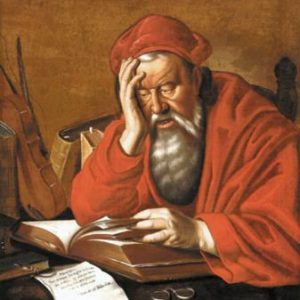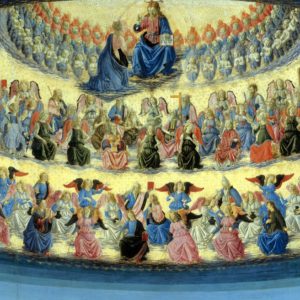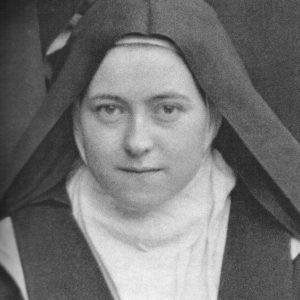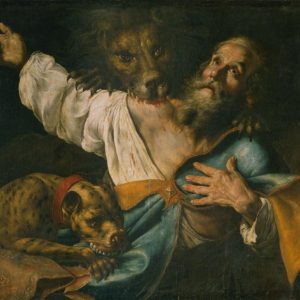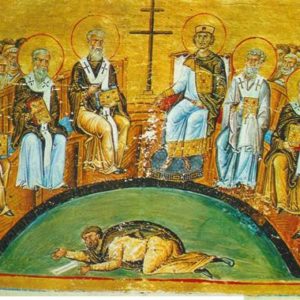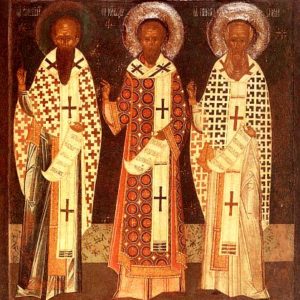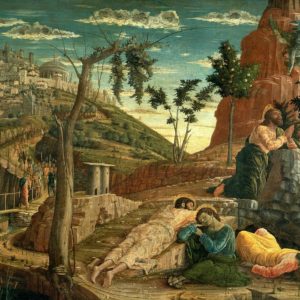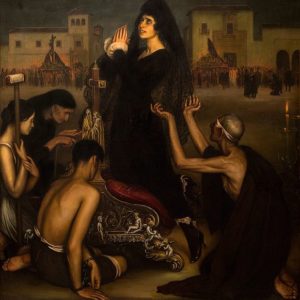This afternoon, I gave a talk to the returning teachers at Christ the King on the virtue of study. I made four basic points:
1) Reason is good, and ordered towards God, since all truth is of the Holy Spirit.
2) Therefore, studiousness is a virtue that we ought to practice.
3) This is particularly true of Catholic school teachers, given their unique calling.
4) Studiousness must be rooted in prayer, and should help us to pray better.
Here’s the text of the full talk:
